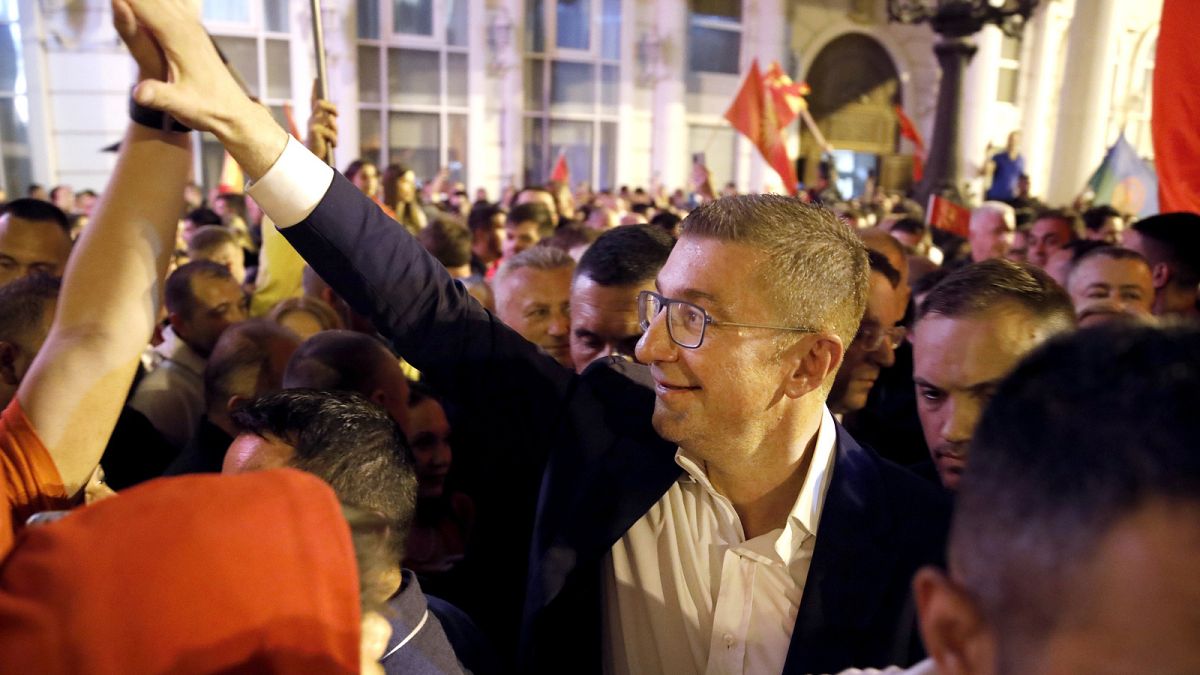The European Union ambassadors failed to approve the opening of the next chapter of EU accession talks with Skopje last week. This comes at a time where tensions are rising between North Macedonia and its neighboring countries, including Bulgaria. The completion of a strategically critical high-speed road connecting Skopje and Sofia has faced issues, with Prime Minister Hristijan Mickoski accusing Bulgaria of not committing to the rail route on its territory. This has led to threats of diverting EU funds dedicated to the project to another route known as Corridor ten, linking Skopje with Belgrade and Budapest.
The ongoing disputes and delays surrounding the rail and road project are reflective of the challenges North Macedonia faces in its bid to join the European Union. The country’s relationship with Bulgaria has also been strained, with disputes over various issues including the completion of the rail route. In addition, the long-standing dispute with Greece over the country’s name has resurfaced, adding further complications to North Macedonia’s path to EU membership.
Despite the setbacks, the European Union remains hopeful that the recently-installed North Macedonian government will stay on track with its EU accession path. The EU’s new Growth Plan for the Western Balkans, which includes €6 billion in grants and concessional loans, aims to incentivize reforms in the candidate countries. Countries that fail to meet their reform targets could see funds diverted to other countries in the region, creating competition and driving quicker reforms.
Corruption remains a significant challenge in North Macedonia and other candidate countries in the region. The EU is implementing strict mechanisms to safeguard its funding and ensure zero tolerance for corruption. The reform agendas set by the EU are expected to be endorsed soon, with pre-financing payments potentially disbursed by the end of the year. The cash-for-reforms model is designed to accelerate reforms in areas such as the rule of law, judiciary independence, and anti-corruption measures.
For North Macedonia to progress on its path to EU membership, it must continue efforts to mend its relationship with neighboring Bulgaria. Each EU member state holds veto power over the opening of each step in the EU accession process, making it crucial for North Macedonia to address issues with Bulgaria. The combative rhetoric between lawmakers in Sofia and Skopje further complicates the situation, with former Bulgarian premier Boyko Borissov calling for consequences for Skopje’s actions. The upcoming election in Bulgaria could also impact the country’s stance on North Macedonia’s EU membership bid.










